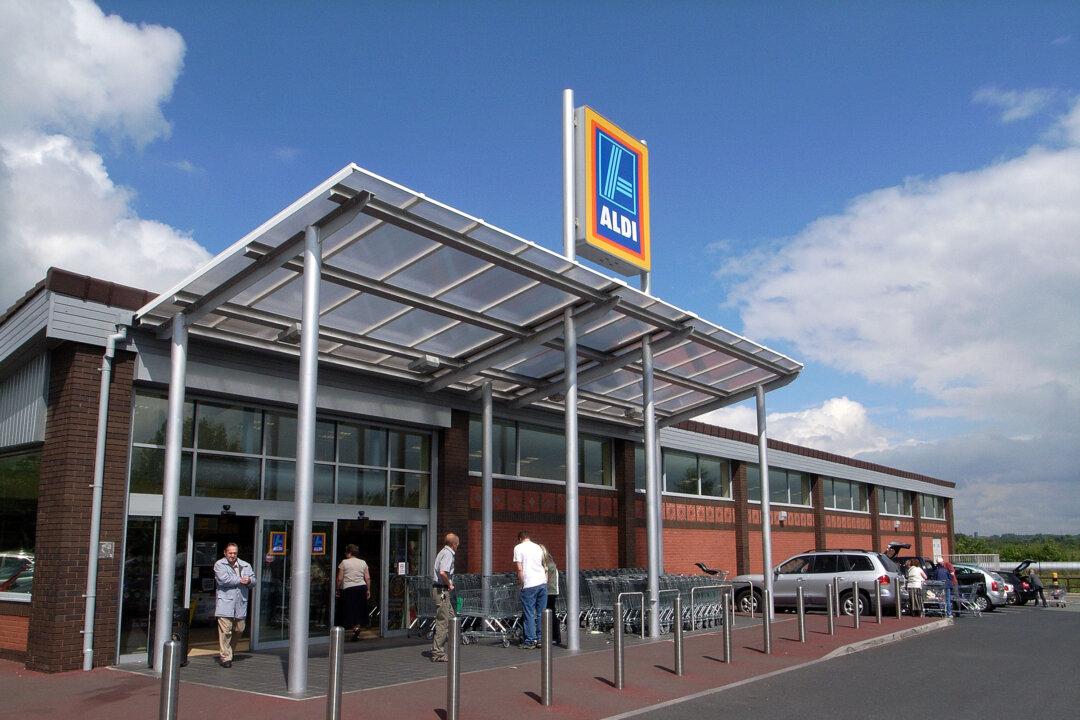Grocery inflation in the United Kingdom has hit a record high of 16.7 percent, adding an extra £788 ($970) to annual shopping bills, according to data from market researcher Kantar published on Jan. 31.
The 2.3 percentage-point jump in the four weeks to Jan. 22 was up from 14.4 percent in December and marked the highest level since Kantar started tracking the figure in 2008, with costs soaring on key staples, including milk and eggs.




